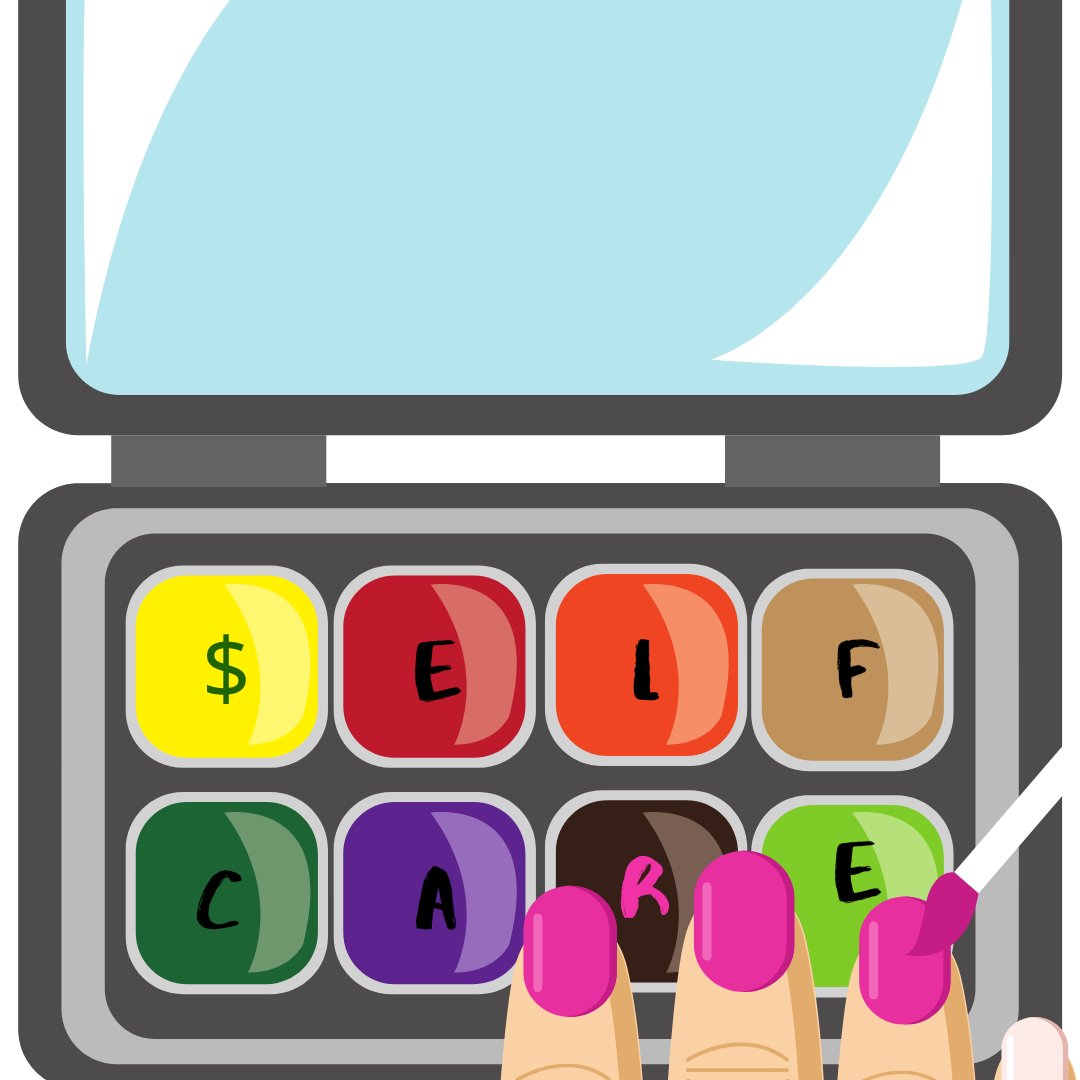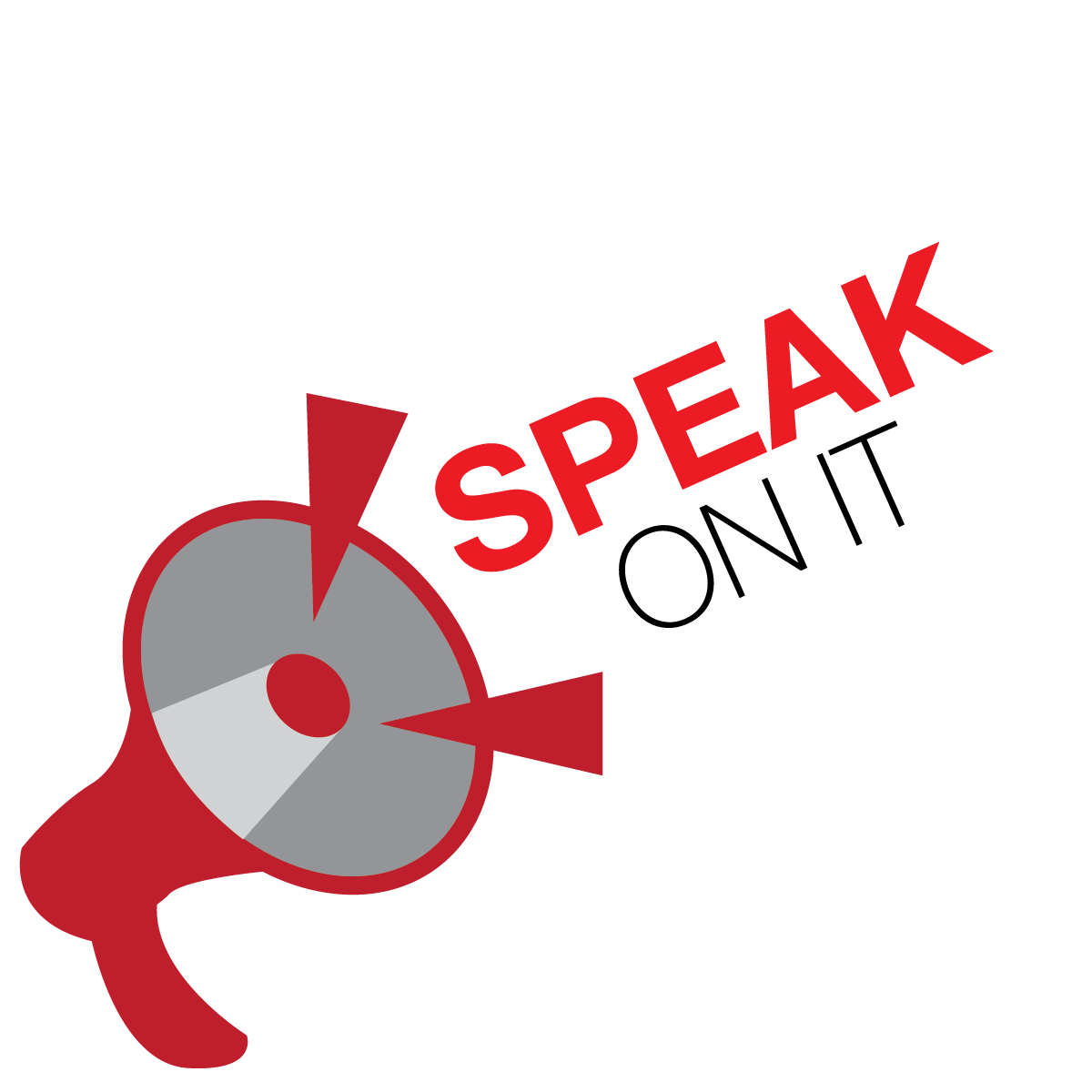The new trend of “self-care” has taken over the American mindset. From diet, to makeup, to general splurging habits, this new market of self-care products is causing young adults to waste away money on products that may or may not bring anything positive to someone’s life.
In a society where people are exposed to anywhere between 4,000 to 10,000 advertisements per day, according to Forbes, it is easy to be swindled into buying a product you might not need.
There is nothing wrong with believing that you might need some more care in your life. However, the consumerism associated with self-care might only further cause problems. Self-care should be something that actively changes your life in a positive way, not a marketable way for makeup companies and big corporations to take your money.
Self-care can come in many forms. Sometimes it can be resting more, drinking more tea, or being active. However, this doesn’t mean different markets aren’t targeting this trend of self-care.
In 2019, the makeup industry was estimated to be worth $93.5 billion in the US market, according to Statista. This market includes products that can be used in the form of self-care such as face masks, face oils, lip balms and other products. While some might be beneficial, some might just have nice packaging with a fancy price and name on them to sell.
Young women are the main target of the makeup industry, with the average woman in America spending $300,000 on makeup products in a lifetime, based on a survey done by SkinStore. A lot of these products might go to waste or might just not have been worth the money. A consumer can easily throw $50 away for a moisturizer that was said to be life-changing, but just left a hole in the bank account.
Among makeup, other self-care products can include vitamins, gummies and energy/wellness shots. Many Instagram influencers often promote these products in order for their followers to get onto their wellness regimens and spend money. One popular product heavily promoted on Instagram includes Sugar Bear Hair gummies. These gummies are heavily promoted by different influencers such as Kylie Jenner, and are expensive compared to regular biotin pills that could be used instead since biotin is one of the main ingredients in the gummies. But it’s hard to resist a product that a beauty influencer swears by.
Along with gummies drinks, shots and teas are also heavily marketed as being beneficial for a price. Kombucha drinks are a popular drink for their wellness benefits, but are not the best when overconsumed. According to Healthline, kombucha drinks can only cause physical distress instead or promoting inner health.
Other health shots, while sometimes being on the pricey side, can also cause some physical distress. Wellness shots are marketed as a cure-all but should just be served as a supplement if really needed. However, most people don’t need health shots. A story in Healthyish follows the different effects from taking different shots, while also realizing that there is no actual backing behind their supposed health benefits.
A bunch of products marketed as self-care are also usually random things that you could live without. Having a silk pillowcase isn’t a bad thing, but it just isn’t needed, and doesn’t do much for your wellness. A face mask set is nice, but might not be the best for your skin and it’ll be gone just as quick as you put it on your face. A collagen spray might sound nice but could prove useless in repairing damaged hair.
There is no shame is splurging and pampering oneself. However, many of these brands have noticed this trend, and are usually just trying to make a profit.
Self-care should be focused more on mental and physical well-being with exercise, sleep, relationships and diet. Self-care should not just be about magical expensive products. Focus more on what is actually needed, instead of what just sounds appealing.
-Delilah Alvarado is a journalism senior
Opinion: Self-care obsessed culture is scamming young adults
January 23, 2020
0
Donate to The University Star
Your donation will support the student journalists of Texas State University. Your contribution will allow us to purchase equipment and cover our annual website hosting costs.
More to Discover















